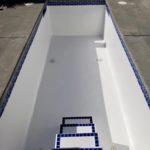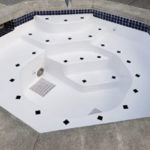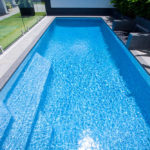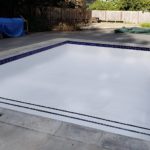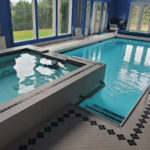If you have a pool, you know that pool resurfacing las vegas NV is essential to maintain. But no matter how often you perform its maintenance, certain damage types still cannot be fixed with a typical repair.
When it is natural causes like cold weather, concrete pool decks will show cracks and breakage.
So the best approach is resurfacing it with a material best for cold weather?
But what is the best pool resurfacing option for cold weather? Good question. That is exactly what we are going to deal with in this blog.
Read on!
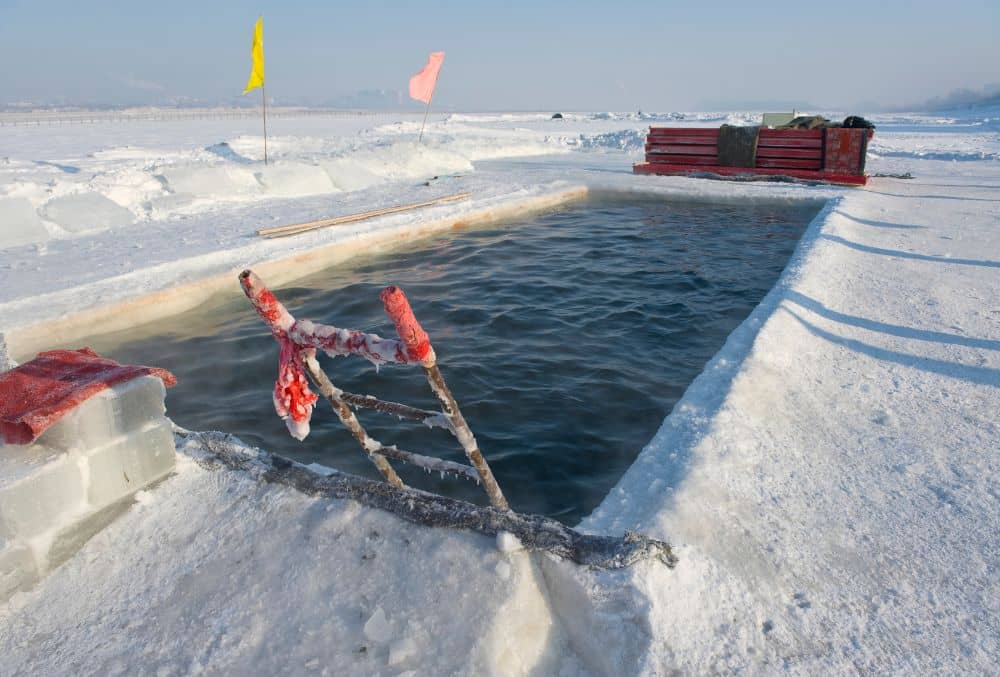
Is Concrete Pool Decks Suitable for Cold Weather?
Concrete pools are the most popular material for pools, and they’re also the most durable. However, concrete can be susceptible to cracking in cold weather.
There are some other materials which you can think about and try if they would suit cold weather.
The good thing in Las Vegas, a concrete pool deck would easily fit and adapt to the humid and rainy seasons that frequent the region.
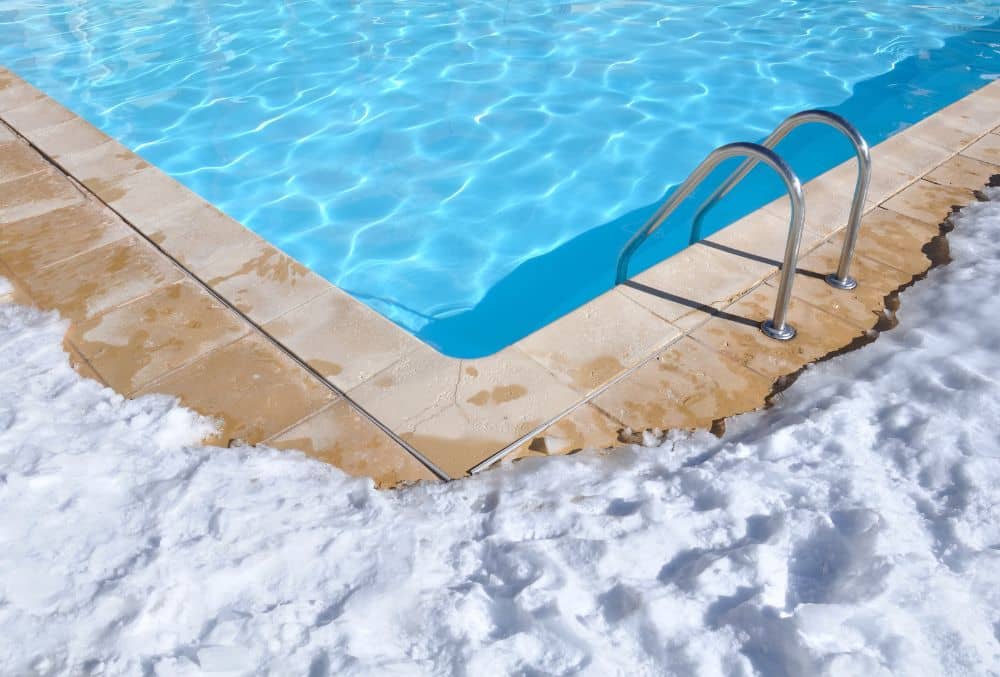
Answering Your Pool Deck 411: What is Winter-Made Material for Pool Decks?
There may be other materials like plaster, vinyl, fiberglass, and glasscoat. However, the real question would be how winter affects the materials.
The answer would lead you to winterize the pool decks to prepare and minimize the impact of the icy weather.
So, what is the best pool resurfacing option for cold weather?
Concrete
If you have a concrete or plaster pool, you may want to consider switching to fiberglass or glasscoat. These materials are more resistant to damage and will help keep your pool in excellent condition for years to come.
Plaster
So what is plaster?
Plaster pools are also a popular choice, for they are durable as concrete and can also be susceptible to cracking in cold weather.
Fiberglass
Fiberglass pools are becoming increasingly popular because they’re more resistant to cracking and other damage.
The material is unlike concrete and won’t show signs of breaking or cracks due to the expansion caused by coldness.
Glasscoat
Glasscoat pools are a newer type made from glass-reinforced plastic. They’re incredibly durable and resistant to wear, making them the best option for pool owners who live in cold climates.
Glasscoat is another excellent choice when your region has a cold season and would still love to have swimming pools for use during summer.
How Does Winter Affect Different Pool Surfaces?
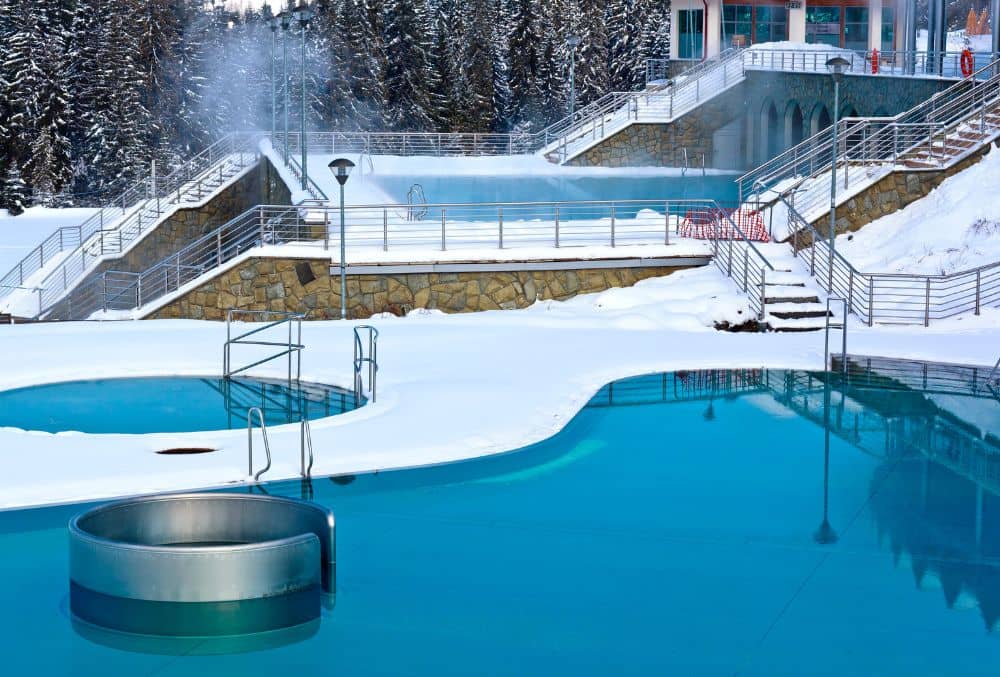
When the temperatures start to dip, pool owners across the country think about how they’ll keep their pool in tip-top shape during the winter.
One of the critical components of pool maintenance is resurfacing. But with so many different pool surfaces out there, it can be tough to know which one will stand up best to the cold weather.
Here’s a quick rundown of how different pool surfaces fare in winter weather:
Concrete: Concrete can be susceptible to cracking in cold weather. It has porous slabs that, when moist from the cold air seeps inside it, can cause expansion on the material; thus, it cracks.
Fiberglass: This one is non-porous, so it resists staining and fading and is very easy to care for. However, due to its polymer components, fiberglass can become brittle in cold weather.
The cold temperature can increase the density of the fiberglass space, making it brittle and easy to crack when too much weight stands over it.
Tile: Tile is a classic pool surface that adds a touch of luxury to any pool. Unfortunately, tile can be very delicate, so it’s essential to take extra care of your pool if you have tile surfaces.
In particular, you’ll want to ensure that the grout between the tiles is in good condition, as frozen water can cause the grout to crack.
Conclusion
No matter what type of pool surface you have, it’s essential to take steps to protect it from the cold weather. By taking care of your pool now, you’ll be able to enjoy it for years to come.
